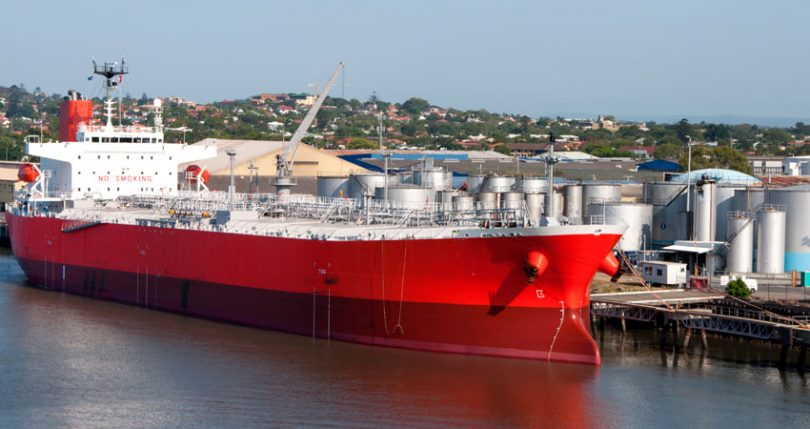PwC Australia aims to reduce the complexity of international trade by moving supply chain information onto a blockchain.
The consultants are teaming up with the Australian Chamber of Commerce and Industry and the Port of Brisbane to form a ‘Trade Community System’.
According to PwC Partner, Ben Lannan, by digitizing supply chain data, it will “improve connectivity for supply chain participants, reduce friction for business and reduce supply chain costs”. He expects the result to be major productivity gains.
However, at this stage, they’re starting with a Proof of Concept.
These plans come on the back of historical and projected growth in trade. Australia’s five major ports moved nine million containers this year, with a projection of fifteen million by 2025. Australian exports have also doubled in the last fifteen years with significant growth experienced in trade with China and the United States.
Australian Chamber of Commerce’s Director of Trade and International Affairs, Bryan Clark bemoaned the $450 per container lost by inefficiencies. He warned about the potential loss of markets for Australian goods ”when it gets priced out of the competitive global market.”
Mr. Clark has also pointed out Australia’s reliance on effective supply chains and trade as being its “economic engine room”.
Port of Brisbane CEO, Roy Cummins, said: “it is the right time for industry to initiate a reform and modernization agenda which will shift the dial for Australia’s international business”.
There are several blockchain supply chain initiatives around the world. The highest profile is the IBM/Maersk joint venture which includes Port Houston, South Philadelphia Terminal, and the Port of Rotterdam. The Dutch port is involved in multiple projects.







